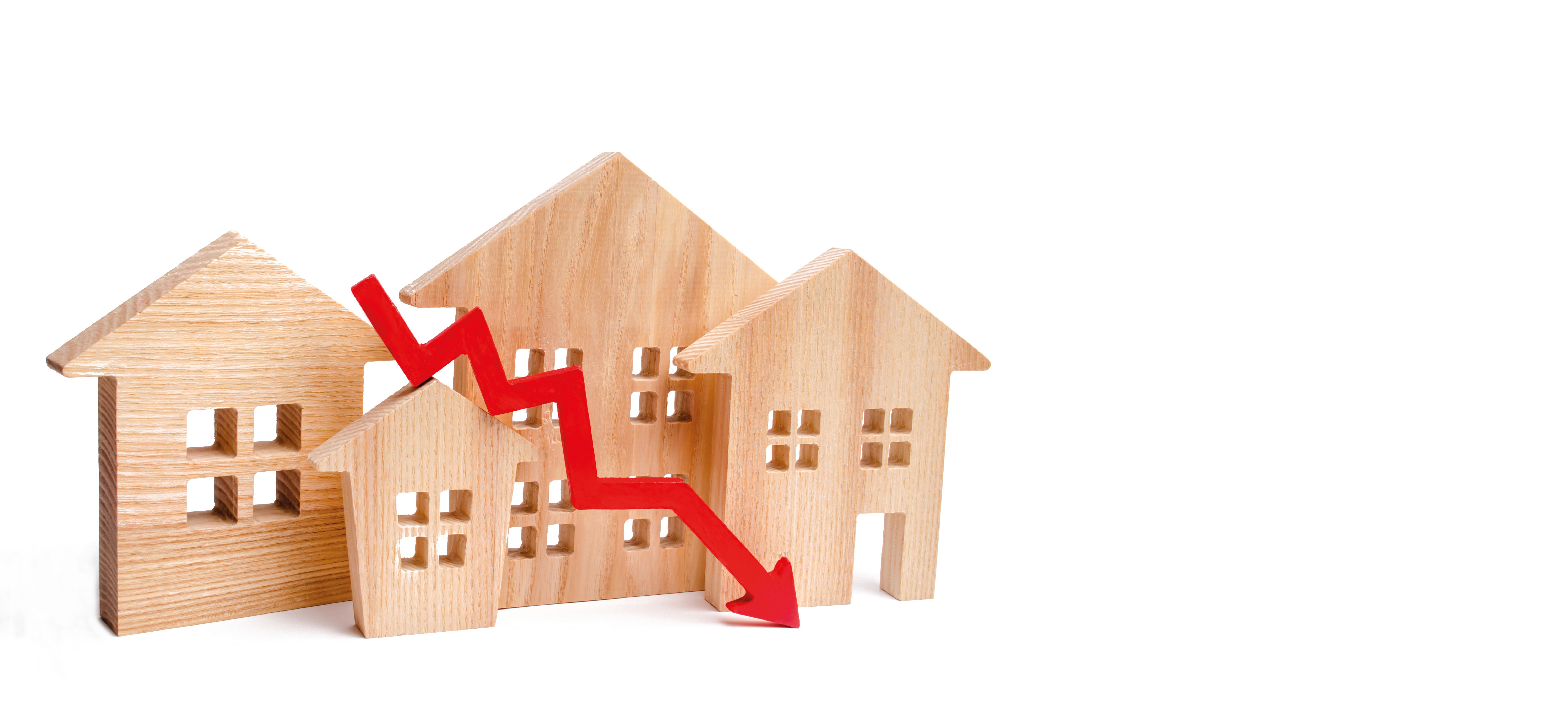
The housing market lost further momentum in September amid deteriorating macro conditions and the outlook for interest rates, the latest Royal Institution of Chartered Surveyors (Rics) UK residential market survey reveals.
With the current market uncertainty, Rics says the expected rise in mortgage rates over the coming six months is anticipated to outweigh any potential boost from the cut to stamp duty, announced in Chancellor Kwasi Kwarteng’s mini-budget.
New buyer interest fell again in September, with a net balance of -36% of respondents citing a fall in enquiries.
This represents the fifth month in a row in which buyer interest has dropped with all regions/countries of the UK now experiencing this trend.
New instructions to sell also continued to fall, with stock levels remaining at historic lows.
On average, estate agents are holding just 34 residential properties on their books, and the pipeline appears to have deteriorated further, with the net balance for new market appraisals dropping to -20%, down from -3% in August.
As the market loses further momentum, sales have unsurprisingly fallen over the month, with the September figure being the most negative reading since May 2020.
The number of sales has now fallen for five months in a row.
Looking ahead, predictions for sales expectations over the next three months and 12 months also remain negative.
While house prices have been propped up by a lack of supply most recently, Rics says the latest national net balance of +32% demonstrates that this has still been the case in the three months to September.
The data is notably less positive than previously and continues the trend since April of an easing in house price growth.
Going forward, the data found that 12-month price expectations have now turned slightly negative, with respondents citing the expected further substantial rises in mortgage rates as a factor putting pressure on the market over the year ahead.
At the national level, a net balance of -18% of respondents now predict a slight price dip over the coming 12 months, down from a reading of +3%the previous month.
In the lettings market, tenant demand picked up alongside a fall in landlord instructions. As a result, near-term expectations point to further strong growth in rental prices over the coming three months.
Rics chief economist Simon Rubinsohn says: “The turmoil in mortgage markets in recent weeks has compounded the increasing level of economic uncertainty resulting from higher energy bills and the wider cost of living crisis, in shifting the dial in the housing market.”
“Even though the headline price balance remains in positive territory for now, storm clouds are visible in the deterioration of near-term expectations for both pricing and sales. Looking further out, the picture portrayed by the Rics survey has clearly shifted in a negative direction.”
“How this plays out in terms of hard data will inevitably depend in part on the state of the mortgage market once it settles down, but it is difficult not to envisage further pressure on the housing sector as the economy adjusts to higher interest rates and the tight labour market begins to reverse.”
“For now, mortgage arrears and possessions remain at historic lows, but they are inevitably going to move upwards over the next year, as pressure on homeowners grows. However, as lenders have been a lot more cautious through this cycle with high loan-to-value mortgage accounting for a much smaller share of the lending book than in the past, this should help to limit the adverse impact on the market.”
Former Rics residential chairman Jeremy Leaf comments: “New buyers are pausing for breath while considering the pace and size of future interest rate hikes, so activity has reduced. Like us, many are waiting to see whether worries about mortgage repayments rising more quickly than expected outweigh benefits from cuts in stamp duty and other taxes – particularly for first-time buyers.”
“Risks of a correction are greater, but the market has proved its resilience repeatedly in the recent past. We’re told more borrowers have higher loan-to-value mortgage debt than in the last financial crisis of 2008 but we’re not seeing signs of a major correction in our offices yet.”
Meanwhile, MT Finance director Tomer Aboody adds: “Until Government and Bank of England policies are aligned, we will continue to face the uncertain shift in rates which means that buyers, along with sellers, would rather wait until things stabilise before making a move.”
“This will mean a static market on the whole rather than price falls, unless sellers are forced to sell, which could be the case in some instances.”



